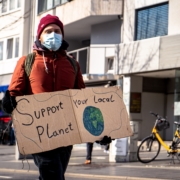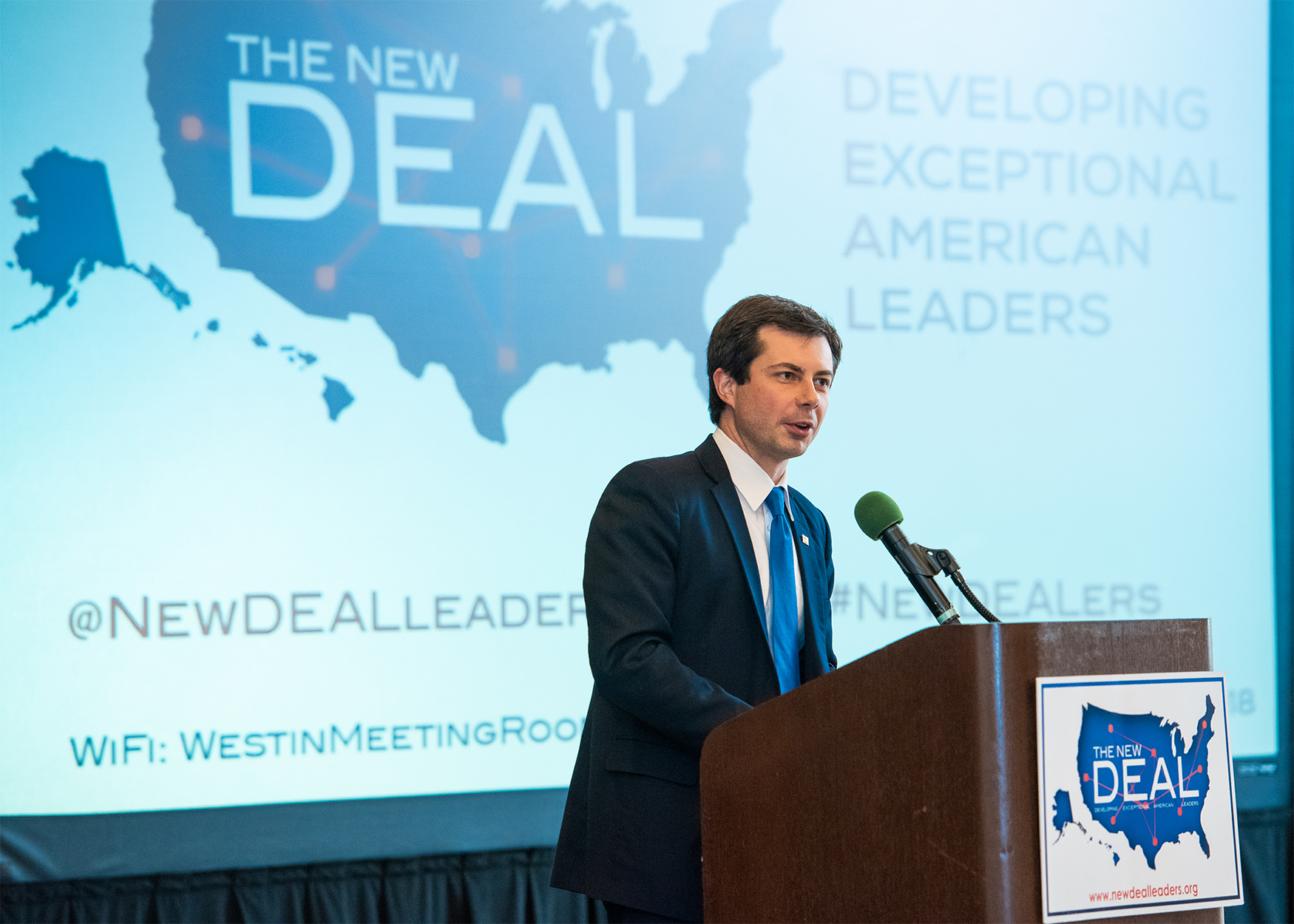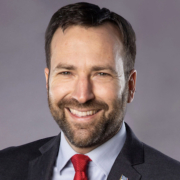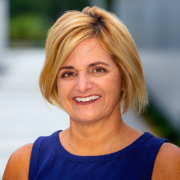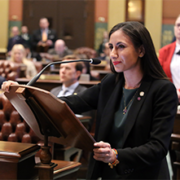Problem:
Climate change impacts are felt all over the country and especially in underserved communities. In Wisconsin, rising heat threatens rich agricultural land and Milwaukee and Madison grapple with pollution-exacerbated injustices. As communities seek out solutions, it is important that leaders engage within the communities and ensure their voices are incorporated into building a greener, more resilient, and equitable future.
Solution:
Lieutenant Governor Mandela Barnes is leading Wisconsin’s efforts to take big climate action through community engagement. As chair of the state’s new Task Force on Climate Change, Barnes brought together a diverse coalition of business, community, labor, youth, and Indigenous leaders to participate in the task force and the group scheduled listening sessions to gather ideas from constituents on how to best reach the ambitious climate goals to go 100% carbon-free electricity by 2050. As COVID-19 tore across the country, the Task Force quickly pivoted to virtual meetings that convened a broad swath of residents, including Indigenous organizations working on climate adaptations, organizations developing green jobs in predominantly Black neighborhoods, and tribal nations working on food sovereignty. These conversations are creating space for dairy farmers, rural constituents, and low-income communities and communities of color to advocate for their needs as the state continues to build a robust, climate-friendly, worker-focused economy and ensure that no Wisconsin community is left behind in the transition to a clean economy.

